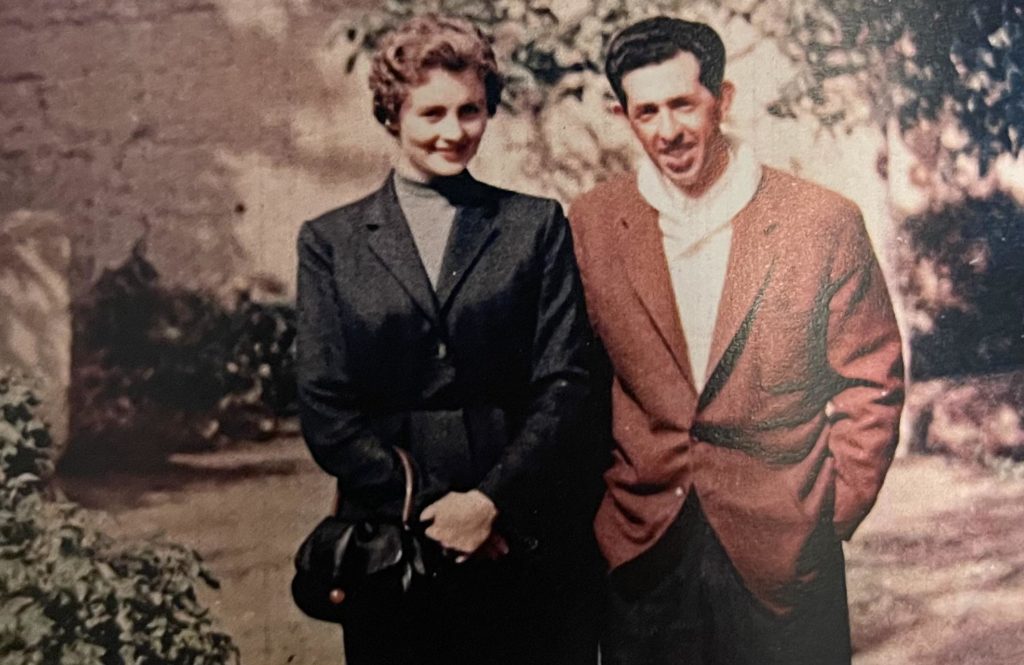After Us, Fire
In 1954, Ginette, a young farmer’s daughter from Vaud, met a young Iranian man who had come to study in Switzerland: Manou, the uncle of Iran’s future empress, Farah Diba. They fell in love and, despite their families’ resistance, married and moved to Tabriz, in northwestern Iran. The couple led a carefree life, raising their children with the prospect of taking over the family farm. But in 1979, the monarchy was overthrown and replaced by the Islamic Republic. From then on, nothing unfolded as planned. Separated after the revolution, Ginette had to reinvent her life in Switzerland alone with her children, while Manou, imprisoned in Iran, never saw his family again until his death in 1990.
Retracing this family history, Chamsi—Ginette’s granddaughter—uncovers an epic in which music played a central role. The vibrant sounds of pre-revolutionary Iran—pop, funk, disco—filled the family’s daily life, until both the music and the lifestyle it embodied were banned by the Islamic regime.
In conversation with her father, Mehran, Chamsi rediscovers Ginette’s story and revisits an era, from the late 1950s to 1979, when Iran was open to the world, its musical creativity thriving, and women’s rights improving significantly. She questions the paradoxes of Iranian society under the Pahlavi dynasty—a country torn between modernity and tradition, dictatorship and democratic aspirations.
As her journey unfolds, she weaves together the family saga with the broader history of Iranian pop music of the time. This vibrant, free, and colorful music now lies at the heart of the nostalgia for a country she never knew—an Iran that vanished abruptly in 1979 with Khomeini’s rise to power. Her intimate quest gradually merges with a cultural and identity quest, paying tribute to both her roots and to the music.

